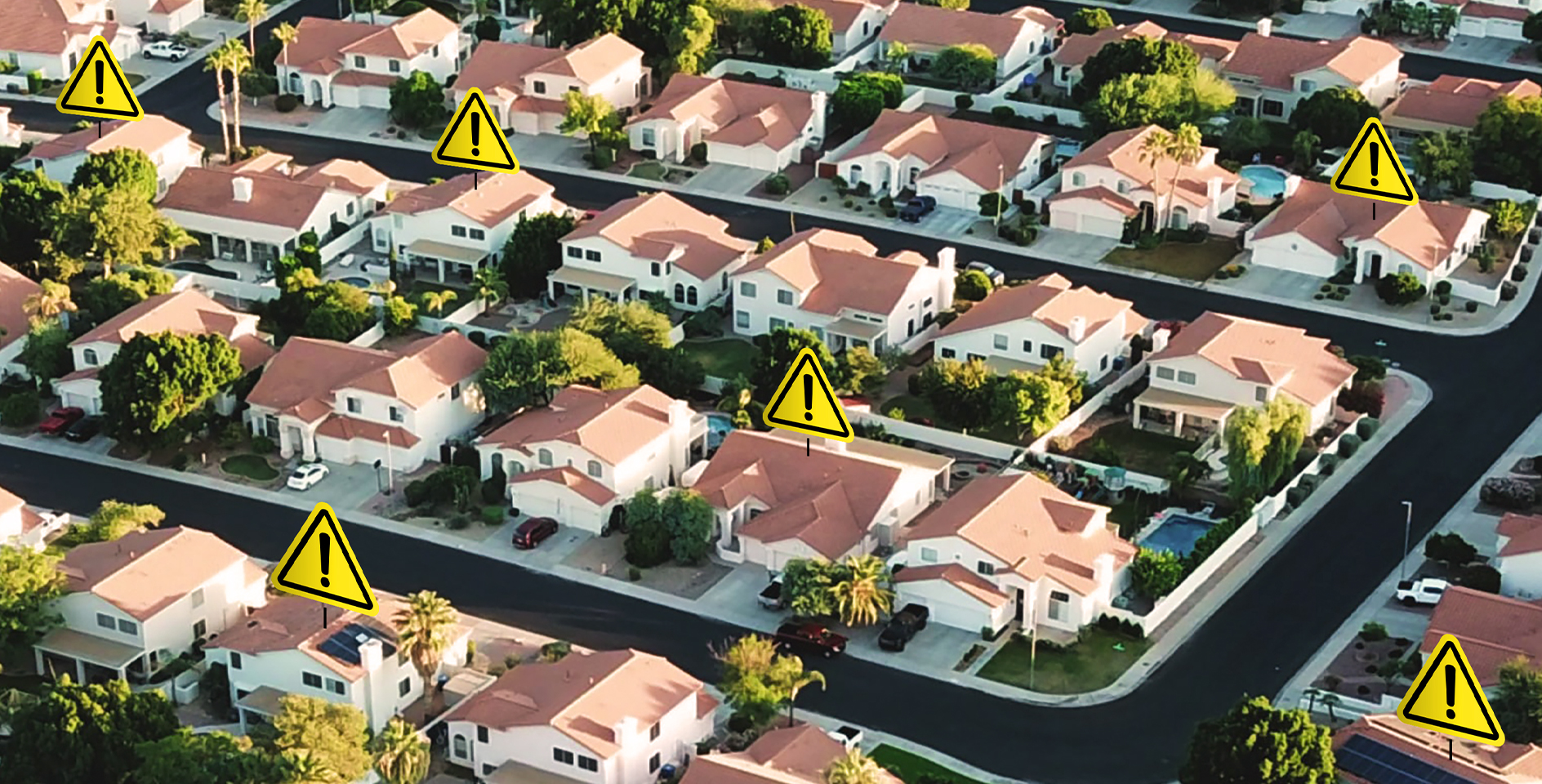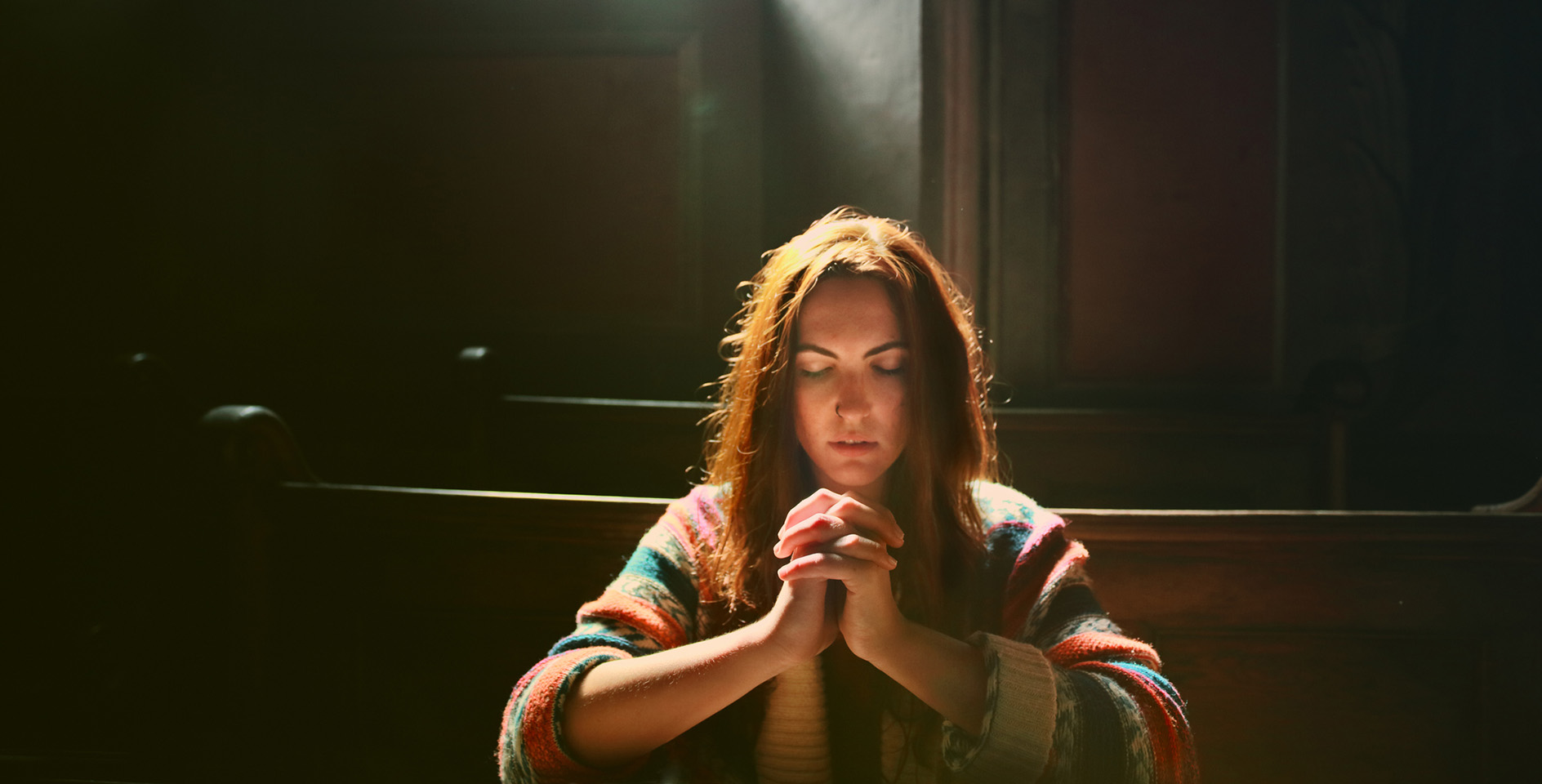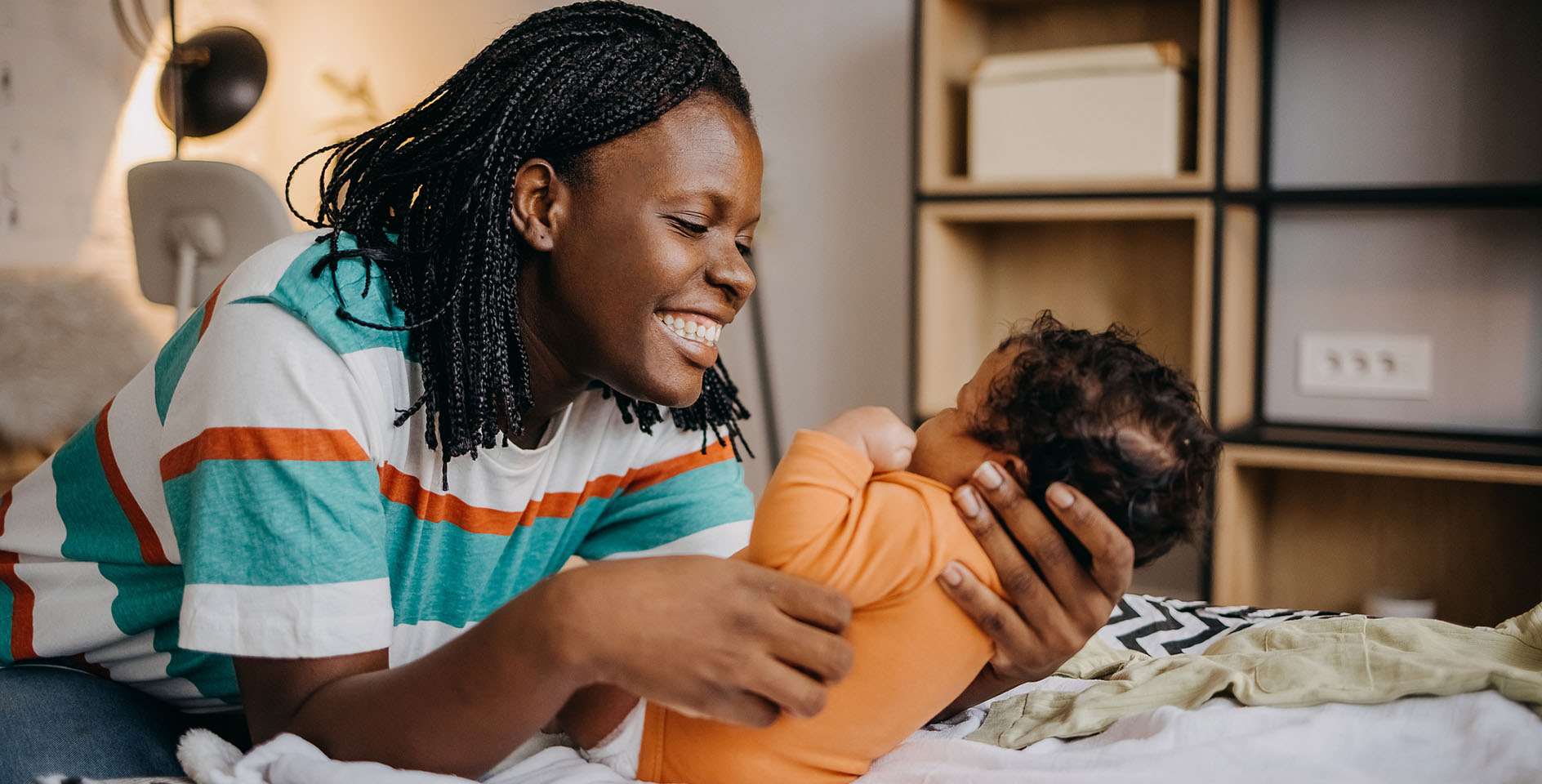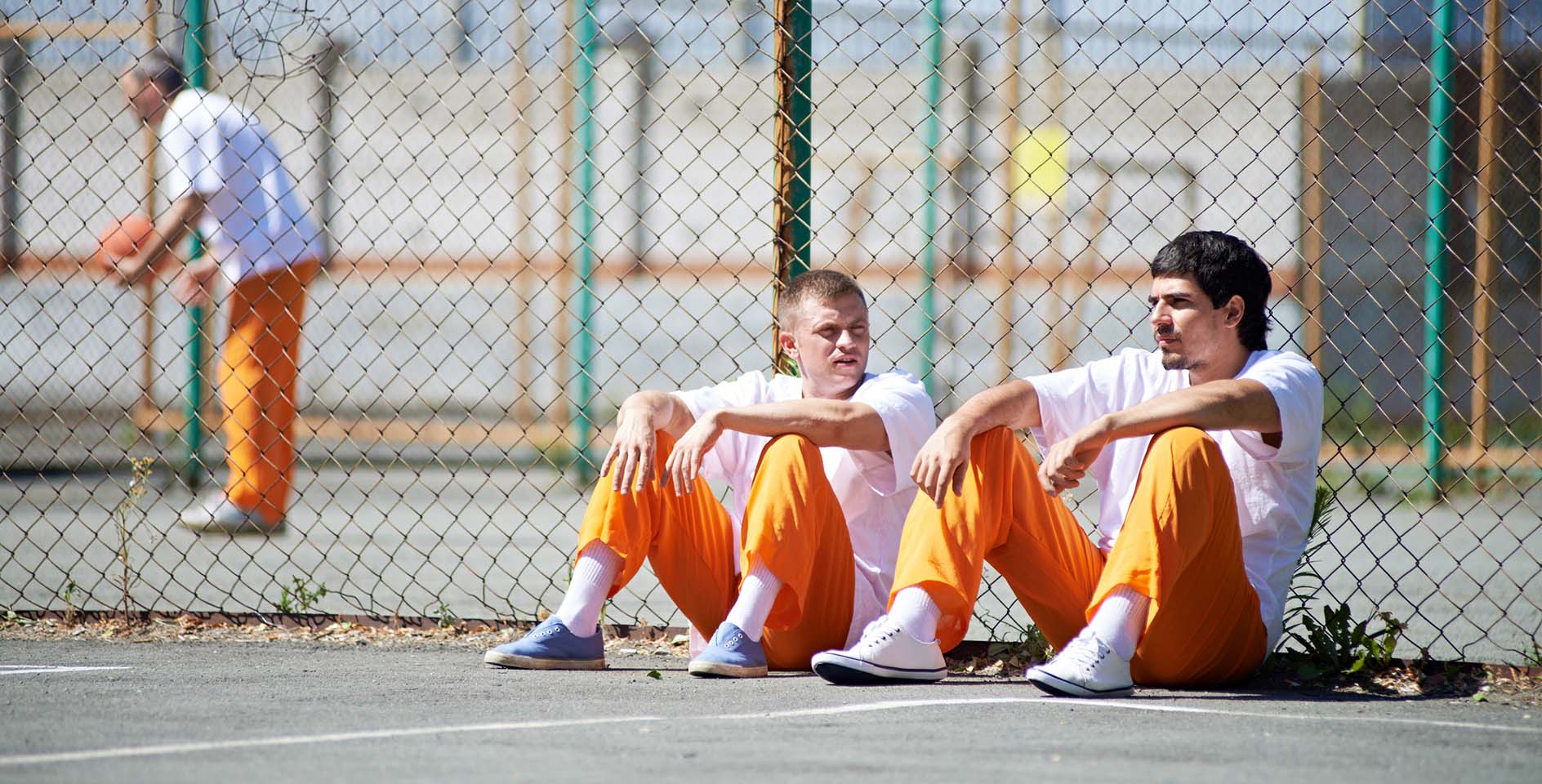Out of the abundance of caution,” is the familiar phrase that preceded numerous statements of change enacted due to COVID-19. One after the other, the announcements rolled out. School closures, businesses required to shut their doors, and recreational activities halted. Then came the announcement of executive orders to stay at home. It is still hard to believe that the nation, and even the entire world, is shut in by a microscopic attacker.
Many people have found the COVID-19 stay-at-home regulations to be challenging for various reasons. While it is necessary to stay at home to in order to be healthy and safe, for others, staying home brings inescapable threats. Stay-at-home regulations, while helpful to prevent the spreading of the virus, can increase the emotional and physical danger for those living in abusive relationships.
While it is encouraging and necessary to focus on keeping everyone safe from this virus, COVID-19 has brought another ongoing and sobering reality to light: sometimes the most dangerous threats are unseen.
Areas such as China and France saw elevated incidents of domestic violence and abuse during the period stay-at-home regulations were enacted. We have good reason to be concerned that this is the reality in the United States as well. National and local domestic abuse hotlines can provide support and resources, but what can the church do?
How the church can recognize abuse
Caring for those who are in abusive relationships is tricky enough; add in strict regulations on social engagement, and it gets even trickier. One of the best things the church can do is become aware of signs of domestic abuse, and when we see it, do something. Abuse can be hard to spot. Knowing what to look for is the first step in caring well for those who are facing danger at home while in isolation. The following signs are evidence of power and control in abusive relationships.
8 signs of the abuser:
- Isolates their partner from friends and family. During stay-at-home orders, this may be noticed via monitoring their spouse’s communication with family and friends.
- Postures themselves to have power over their partner. Blocks or restrains them from leaving a room or a conversation.
- Controls what their partner wears, what they eat, and how they spend money.
- Humiliates or puts their partner down both privately and publicly.
- Continually blames.
- Threatens their partner or what their partner values (sentimental items, pets, children1).
- Yells at their partner.Throws or hits things in anger.
8 signs of the abused:
- Exhibits low self-esteem.
- Thinks they are the crazy one, feels they can’t do anything right, or believes this situation is their fault (i.e., “I should be more careful. Why I am so stupid?”).
- Frequently feels afraid of their partner.
- Avoids things that may upset their partner, and manages their environment to keep their partner happy.
- Engages in self-harm.
- Has PTSD responses.2
- Feels emotionally helpless or numb.
- peaks of forms of relational dishonor as “normal” or references them as though humorous or their fault (i.e., “you know how spouses can be”).
How the Church can help
If you have seen these signs in someone’s relationship, what should you do? The following tips will help you as you seek to care for the person.
8 things you can do to help the abused:
- Confirm they are not crazy.
- Be supportive. Listen to them, and let them make their own decisions.
- Check in on them frequently. Be committed to being with them for the long haul. Be careful what you put in email or text-based messaging. These may be monitored. On the phone, ask “yes” or “no” questions until you know your friend is safe to ensure answering your questions does not put them at greater risk.
- Empower them with a plan. Even a packed bag can give a sense of having options. However, this must be kept secret and safe. Making plans to leave often makes the abuser feel threatened and elevates potential threat. You can read more on forming a safety plan visit http://bradhambrick.com/safetyplan/.
- Help them focus on healthy behaviors and self-care. Even the smallest thing like taking a walk around the neighborhood provides a little reprieve.
- Help them lean upon the Lord. Pray for them. Pray with them. Send them regular spiritual encouragements. Confirm to them that the Lord is for the oppressed, sees their plight, and is moved with compassion for them.
- Affirm to them that wanting to get out of an abusive situation is appropriate and normal and the Lord agrees with their desire for relief.
- Don’t overpromise, but give the help you can. Avoid rushing a victim if they don’t accept help right away as that can create a sense of guilt.
If you are aware of a situation where stay-at-home measures may be putting someone at greater risk, stay connected to that person. Know the number to your local domestic violence hotline, and share it with them.3
Abuse can be hard to spot. Knowing what to look for is the first step in caring well for those who are facing danger at home while in isolation.
Prayerfully consider other ways you may be able to provide help. Having emergency housing options like a prepaid hotel room can be a way to provide safety and protection in cases where being at home is too dangerous. I have known churches to cover the cost of a hotel and provide emergency overnight bags for those who need to spend a few days away to ensure safety. Establishing code words or code messages that can be sent to alert caregivers that help is needed are valuable avenues of protection. Sometimes just knowing they have someone willing to help brings great encouragement to an otherwise hopeless situation.
During these difficult days, the church must be on the frontlines in unique ways. But these are things we should be aware of, care about, and act on in every season. While awareness is helpful, ultimately, we must align ourselves with the heart of God. The Lord advocates for the cause of the oppressed, and so should we. “The Lord is a refuge for the oppressed, a stronghold in times of trouble” (Psa. 9:9 NIV).
God’s Word says we ought to do good, seek justice, and correct oppression (Isa. 1:17). This does not have to be in grandiose actions. The simple confirmation of a friend that “you are not crazy” can do good. The recognition that it is a normal and healthy response to want to get out of an abusive situation can be the start of great relief. The reality that you are not alone can bring incredible hope.
Domestic violence is often a missed issue in times like these. And one reason is because it can be hard to spot, especially when we are no longer able to engage in one another’s lives as closely as before. While it is encouraging and necessary to focus on keeping everyone safe from this virus, COVID-19 has brought another ongoing and sobering reality to light: sometimes the most dangerous threats are unseen.
For further help on recognizing abuse and helping those in abusive relationships consider the resources are below.
Resources:
www.thehotline.org/help/
www.chrismoles.org/
www.darbystrickland.com/resources/
www.leslievernick.com/free-resources/
Note: This article was focused on domestic abuse and violence. Abuse against children is likely to also see a significant increase during stay-at-home regulations. If you suspect child abuse of any kind, consider yourself a mandated reporter. Many states name specific professionals as mandated reporters, but you do not have to be a professional to make a report. If you suspect abuse of a child, contact your local department of social services for help in reporting child abuse. Contacting CPS is not pressing charges. Even if CPS chooses not to investigate, they can help you learn more about what to look for.)
- This article speaks to how to help adults who are experiencing domestic violence. If children are at risk, you should immediately contact Child Protective Services. To learn more about what happens when you report or the differences between ministry responsibilities when caring for a child versus an adult, please see lessons 3, 4, and 7 of the curriculum at churchcares.com. For further guidance and support or to better understand reporting, you can speak with an experienced caseworker anytime day or night by calling the National Child Abuse Hotline 1-800-4-A-CHILD (1-800-422-4453).
- You can learn more about signs of PTSD here: http://bradhambrick.com/13-types-of-impact-frequently-experienced-after-a-trauma/.
- National hotlines are also helpful in connecting you with an experienced caseworker any time of the day or night for support and guidance. The National Coalition Against Domestic Violence can be reached at 1-800-799-SAFE (1-800-799-7233) or 1-800-787-3224.










